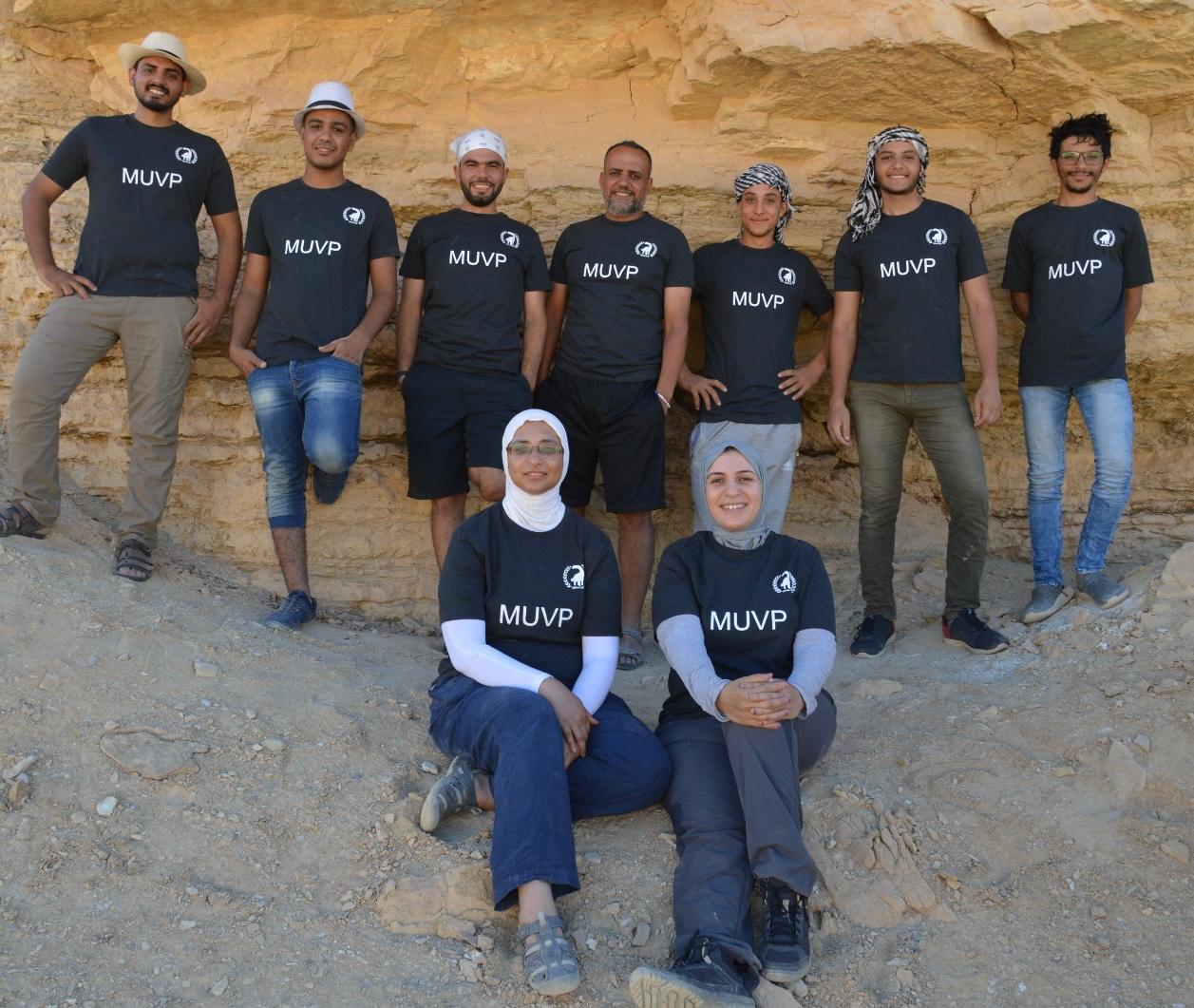Welcome to
Mansoura university Vertebrate Paleontology center
(MUVP), a research unit for vertebrate fossil preparation and training, was created in 2010. MUVP is dedicated to educating Egyptian vertebrate paleontologists, expanding awareness of Egypt's vertebrate paleontological resources, and undertaking collection, preparation, study and curation of Egypt's fossil vertebrates.
MUVP lab

MUVP lab Development
Development of the MUVP lab has not only allowed the growing collection of fossil vertebrates to be prepared and described, but has also facilitated expansion of the vertebrate paleontology program at Mansoura University and other Egyptian universities through the training of students and technicians.
Equipment
A well-equipped MUVP laboratory has attracted top Egyptian students to the program at Mansoura, as well as professional paleontologists who would like to prepare and study vertebrate fossils.
Projects
MUVP has been involved in vertebrate paleontology projects to study vertebrate evolution in the Late Cretaceous and Paleogene of Africa.
